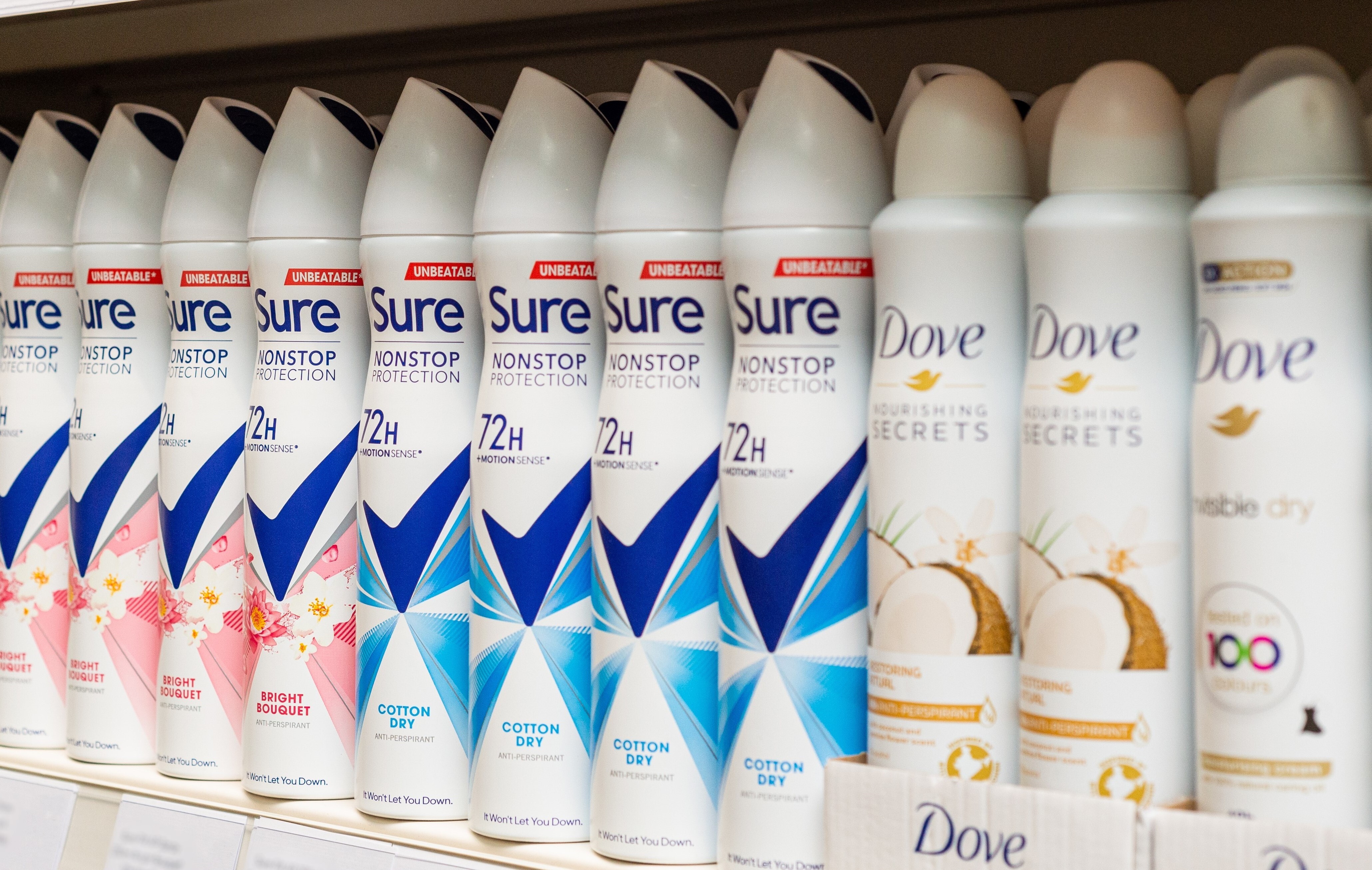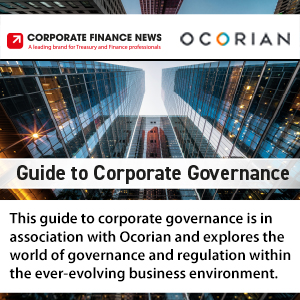Unilever has described its full-year results as "disappointing", despite a 7% year-on-year increase in underlying sales.
The owner of consumer brands including Dove and Ben and Jerry’s saw a turnover of €59.6bn (£50.9bn) in 2023, which was a year-on-year drop of 0.8%, with turnover of nutrition products of 5%, despite a 7.7% increase in sales.
Furthermore, net profit dropped by 3% to €14.2bn (£12.1bn).
The percentage of the business that won market share dropped to 37% from 38% in Q3 and from 48% in Q1.
Chief executive officer at Unilever, Hein Schumacher, said: "Today's results show an improving financial performance, with the return to volume growth and margins rebuilding. However, our competitiveness remains disappointing and overall performance needs to improve. We are working to address this by improving our execution to unlock Unilever's full potential.
"In October, we set out a growth action plan focused on three priorities: delivering higher-quality growth, stepping up productivity and simplicity, and adopting a strong performance focus.
"The new leadership team has embedded the action plan at pace. We have increased investment behind our 30 power brands, accelerated portfolio transformation, and are driving a sharper performance focus with clear and stretching targets across the whole organisation.
"We are at the early stages of this work and there is much to do but we are moving with speed and urgency to transform Unilever into a consistently higher performing business."
As part of the group’s outlook, it expects underlying sales growth of between 3-5% in 2024, with more balance between volume and price.
Unilever also announced a €1.5bn (£1.2bn) share buyback scheme which will commence in Q2 2024.
Equity analyst at Hargreaves Lansdown, Matt Britzman, added: "There’s still a long way to go before Unilever’s refreshed leadership team can call mission complete on the turnaround. Competitiveness remains an issue, with only a little over a third of the portfolio gaining market share over the year. There doesn’t look to be a massive amount of scope for further portfolio changes at scale, so improvements from here will need to come from the focus on its largest brands and increased investment in brand awareness.
"There are clear signs of progress, but even if the new strategy can deliver it’s only expected to return the group to sustainable growth within the old 3-5% range. Unilever remains a high-quality, cash-generative business. But the valuation, while under some pressure recently, is by no means cheap. Is the new strategy going to be enough to drive a longer-term valuation jump? Perhaps not."
© 2019 Perspective Publishing Privacy & Cookies










Recent Stories